On September 12, 2018, the Government of Vietnam issued Decree No. 119/2018/ND-CP prescribing e-invoices for sale of goods. To facilitate Customers and Members in keeping track of and understanding the new regulations, LawNet respectfully provides a compilation of the important provisions of this Decree in the following article.
1. All enterprise must use e-invoices from November 01, 2020
Specifically, according to provisions of Article 35 and Article 36 of Decree No. 119/2018/ND-CP of Vietnam’s Government, the implementation of e-invoices and authenticated e-invoices as provided by this Decree shall be completed by enterprises, economic or other organizations, business households and individuals by November 01, 2020.
During the period from November 01, 2018 to October 31, 2020, Decree No. 51/2010/ND-CP and Decree No. 04/2014/ND-CP of Vietnam’s Government shall remain in effect. Enterprises, economic organizations, business households or individuals that have informed the issue of externally printed or internally printed invoices or have purchased invoices issued by the tax authority for use before November 01, 2018 shall be entitled to continue to use these invoices until end of October 31, 2020 and follow invoice-related procedures as provided in Decree No. 51/2010/ND-CP and Decree No. 04/2014/ND-CP of Vietnam’s Government.
To specify the provisions of Decree No. 119/2018/ND-CP, Clause 3 Article 26 of Circular No. 68/2019/TT-BTC of the Ministry of Finance of Vietnam also emphasizes that from November 01, 2020, enterprises, business organizations, other organizations, household businesses and individual businesses shall apply for use of electronic invoices in accordance with this Circular.
2. Legal e-invoices may be converted into paper vouchers
Specifically, according to Article 10 of Decree No. 119/2018/ND-CP, contents of an e-invoice which is converted into a paper voucher must correspond to those of the paper document.
In case where an electronic invoice is converted into a paper voucher, the paper voucher shall be retained for book and monitoring purposes only in accordance with the law on accounting and the law on electronic transactions, and shall not be valid for use in transactions or payments, except for cases where invoices are created from POS cash registers with network connections for electronic data transfer to tax authorities.
3. Cases where use of authenticated e-invoices is obliged
According to Article 12 of Decree No. 119/2018/ND-CP, entities specified in Clauses 3, 4 and 5 of this Article shall be required to use authenticated e-invoices shall be required to use authenticated e-invoices and cases of issuance of e-invoices upon request. To be specific:
- If business households or individuals that are not bound to use e-invoices keep their accounting records and wish to use e-invoices, they may use authenticated e-invoices as prescribed by laws.
- If business households and individuals that do not satisfy the regulatory requirements that bind them to use authenticated e-invoices, but need invoices issued to their customers, or if enterprises, economic or other organizations obtains the tax authority’s approval to use e-invoices to issue to their customers, they shall be entitled to receive authenticated e-invoices from the tax authority at each time when a transaction occurs.
According to specific guidelines of Circular No. 68/2019/TT-BTC (Clause 3 Article 6), sellers of goods/services posing high tax risk shall use authenticated invoices, regardless of the value of each sale.
In which, an enterprise posing high tax risk means an enterprise whose equity is below 15 billion VND and one of the criteria specified from b.1 to b.7 in point b, Clause 3, Article 6 of Circular No. 68/2019/TT-BTC.
Therefore, for businesses with equity capital of less than 15 billion VND and falling into one of the mentioned cases, they must use authenticated e-invoices.
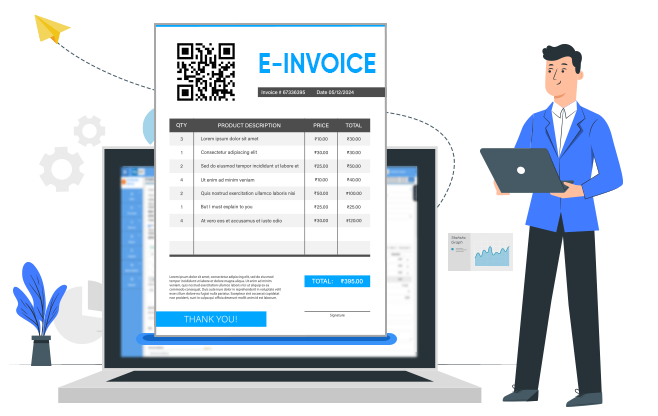
4. Cases of use of unauthenticated e-invoices
According to Clause 2 Article 12 of Decree No. 119/2018/ND-CP, unauthenticated e-invoices shall apply to certain sectors: electricity, petroleum, post and telecommunications, air transport, road transport, rail transport, sea transport, inland water transport, etc. enterprises have already transacted or will transact with tax authorities via electronic means.
However, enterprises that pose high risks related to taxes shall be required to use authenticated e-invoices for their provision of goods or services, regardless of the value of each provision of goods or services.
According to Clause 1 Article 6 of Circular No. 68/2019/TT-BTC, the codes of electricity supply, oil and gas, postal and telecommunications services, air transport, road transport, rail transport, sea and waterway transport, water supply, finance, credit, insurance, health, e-commerce, supermarket business, trade shall be level-4 codes according to the List of fields and business lines in the Prime Minister’s Decision No. 27/2018/QD-TTg. E-commerce business shall have the same code of retailing over the Internet; supermarket business shall have the same code of retailing in supermarket and convenience stores; trade in goods shall have the same codes as retailing and wholesaling of the goods.
5. Paper invoices must be destroyed from the date on which authenticated e-invoices are used
According to Clause 3 Article 14 of Decree No. 119/2018/ND-CP, from the date on which authenticated e-invoices are used, enterprises, economic or other organizations or business households or individuals shall be bound to destroy paper invoices which remain unused (if any) in accordance with regulations in force.
According to Clause 3 Article 8 of Circular No. 68/2019/TT-BTC, destruction of unused physical invoices (if any) and termination of invoices whose issued has been announced shall comply with Decree No. 51/2010/ND-CP and Decree No. 04/2014/ND-CP of Vietnam’s Government and instructional documents of the Ministry of Finance.
6. 05 cases of free provision of authenticated e-invoices
According to Article 13 of Decree No. 119/2018/ND-CP, when providing services related to authenticated e-invoices, the General Department of Taxation shall not charge enterprises, economic organizations, business households or individuals falling into the following situations for these services:
- Small- and medium-sized enterprises, cooperatives, business households and individuals that operate at areas facing socio-economic difficulties or extreme socio-economic difficulties;
- Small- and medium-sized creative startups prescribed by soft laws and business households or individuals that are transformed into enterprises (except those stated in point a of this clause) within a period of 12 months after their establishment;
- Business households or individuals. Business households or individuals earn the preceding year’s revenue which equals at least 03 (three) billion dong in the agriculture, forestry, aquaculture, industry or construction sector, or gain the preceding year’s revenue equaling at least 10 (ten) billion dong in the commerce and service sector, as provided in clause 4 Article 12 hereof within a period of 12 months from the month of use of authenticated e-invoices under the provisions of this Decree;
- Other small- and medium-sized enterprises which are defined according to the requests of the People’s Committees of centrally-affiliated cities and provinces, and the regulations of the Ministry of Finance, except enterprises operating at economic zones, industrial parks or hi-tech zones;
- Those falling into other cases in which they are entitled to incentive policies under the decision issued by the Ministry of Finance.
The General Department of Taxation shall provide or entrust e-invoice service providers to provide authenticated e-invoices for free for those specified above.
7. Organizations providing e-invoice services have the right to collect e-invoice service charges from the buyers as agreed upon in the contract
Specifically, according to Point a Clause 1 Article 33 of Decree No. 119/2018/ND-CP, organizations providing e-invoice services shall collect e-invoice service charges from the buyers in order to maintain operations agreed upon in the contract.
8. Handling errors on e-invoices
Invoices issued before November 01, 2020
Since the regulations on electronic invoices in Circular No. 32/2011/TT-BTC of the Ministry of Finance of Vietnam are still in effect, the handling of errors on e-invoices will be carried out according to the provisions stated in Article 9 of Circular No. 32/2011/TT-BTC.
Invoices issued from November 01, 2020
From November 01, 2020, the use, management and report of use of e-invoices shall be carried out in accordance with Decree No. 119/2018/ND-CP of Vietnam’s Government and its guiding documents. Therefore, the handling of errors on e-invoices will be carried out according to the provisions stated in Article 17, which regulates the handling of invoices of e-invoices containing errors after issue of e-invoice codes, and Article 24, which regulates the handling of of the available unauthenticated e-invoices (guided in Article 11 and 17 of Circular No. 68/2019/TT-BTC).
9. 04 requirements for provision of services related to e-invoices
According to Decree No. 119/2018/ND-CP, which is guided by Circular No. 68/2019/TT-BTC, providers of electronic invoice data transmission services, authenticated and unauthenticated electronic invoice-related services must meet the following 04 requirements:
Firstly, regarding the subject: Has experience of IT solution development and electronic data exchange between organizations. To be specific:
- Has been operating in the IT field for at least 05 years.
- Has deployed IT applications and systems for at least 10 organizations.
- Has deployed electronic data exchange systems between branches of an enterprise or between organizations.
Secondly, regarding the finance: Has obtained a guarantee of over 5 billion VND from a credit institution legally operating in Vietnam to manage risks and pay damages during service provision.
Thirdly, regarding the personnel: There are at least 20 technicians having bachelor’s degrees in IT, including those who are experienced in network administration and database administration. Concurrently, technicians are employed to monitor the electronic data exchange systems and support its users 24/7.
Fourthly, regarding the technology: There are processes and equipment for backing up data at the main datacenter according to Clause 1d Article 32 of Decree No. 119/2018/ND-CP; there is a backup center which is located at least 20 km away from the main data center; concurrently, exchange of electronic invoice data with tax authorities:
+ Connect to tax authorities through a separate channel or through MPLS VPN Layer 3, which consists of 1 main channel and 2 backup channels. Each channel has a minimum bandwidth of 10 Mbps.
+ Use an encrypted Web Service or Message Queue (MQ) for connection.
+ Use (SOAP) to compile, transmit and receive data
Toan Trung
 Article table of contents
Article table of contents

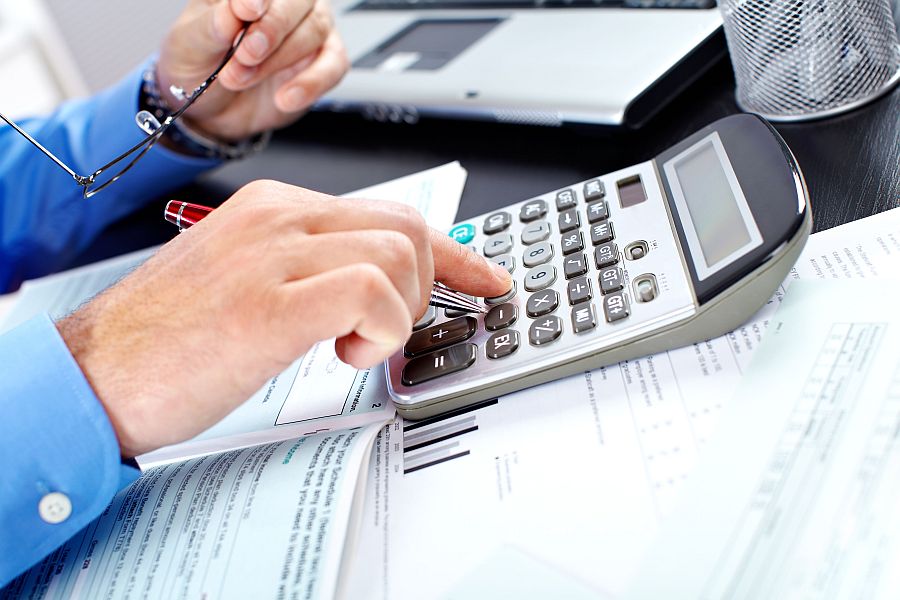
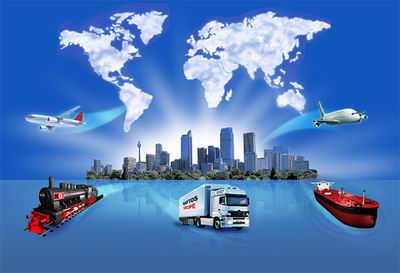
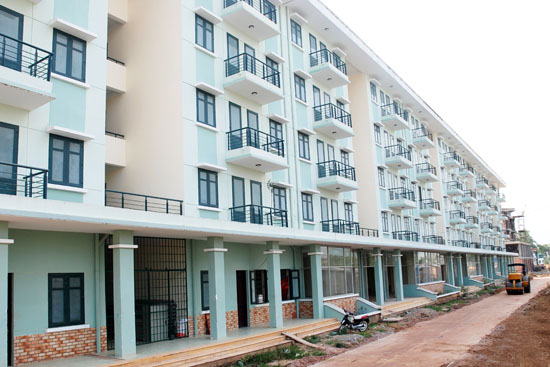
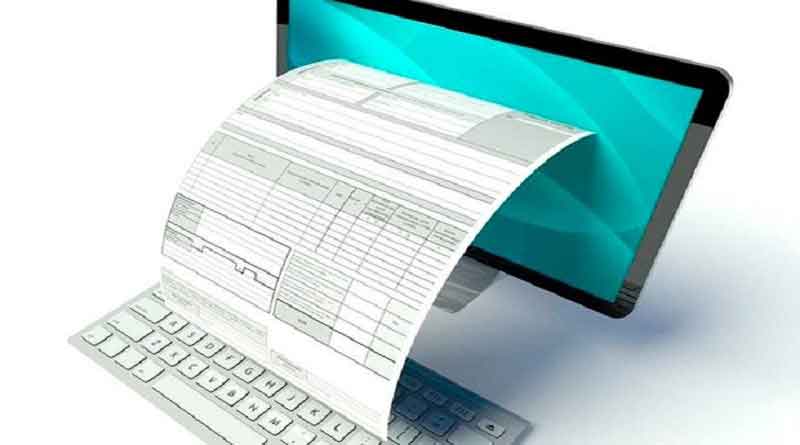
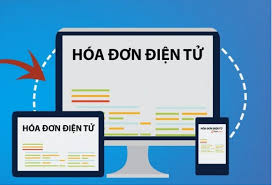
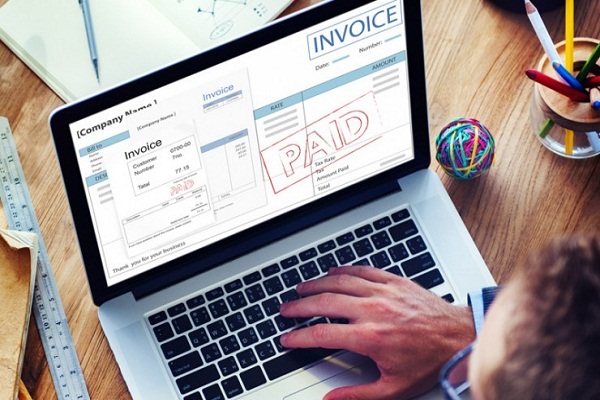
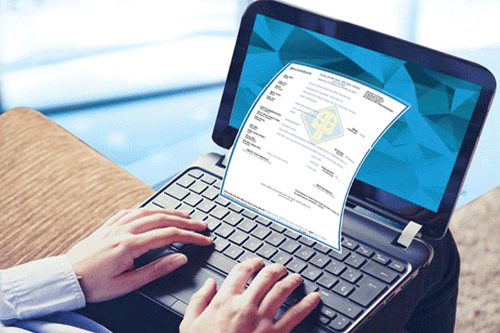
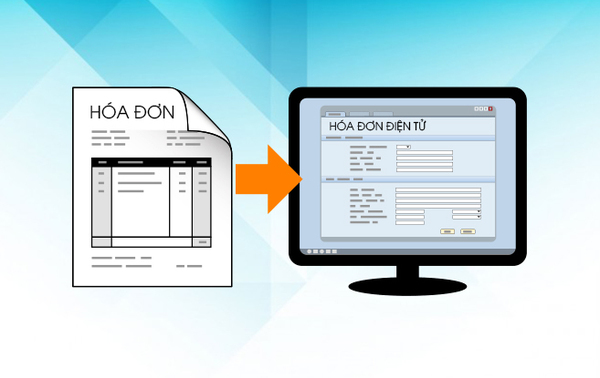

.Medium.png)
.Medium.png)
.Medium.png)
.Medium.png)
